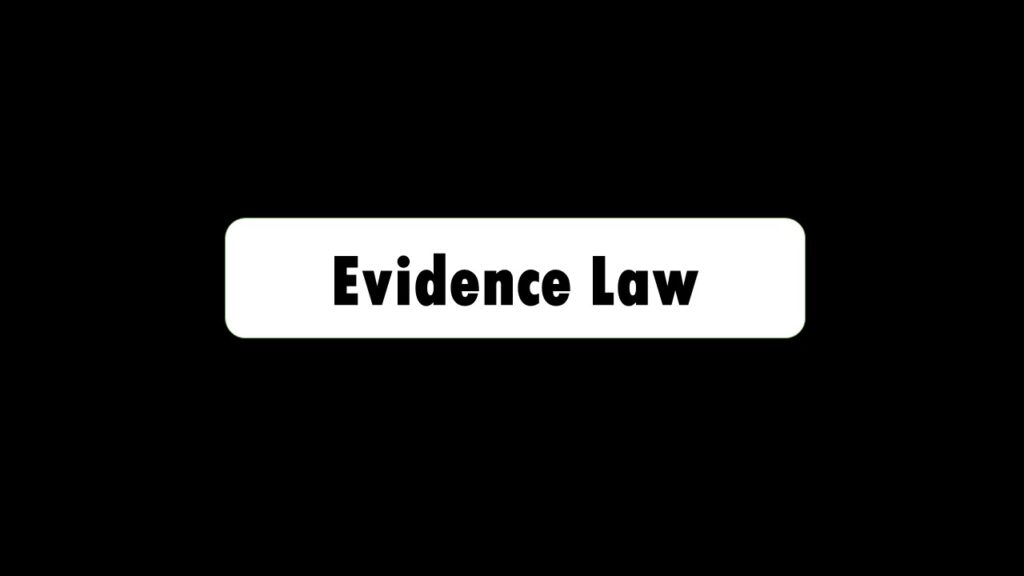Moduraboina Deepika vs. Kuna Sujatha Devi, Civil Revision Petition No. 388/ 2017 [Andhra Pradesh High Court]
Evidentiary value of an unregistered and unstamped
document
9. Section 17 (1) (b) of Registration Act mandates that a non-testamentary instrument which purport or operate to create, declare, assign, limit or extinguish whether in present or in future, any right, title or interest should be compulsorily registered. Section 49 of the Registration Act imposes fetters on admissibility of a document having above characteristics, as evidence. However, proviso appended to Section 49 holds that such document can be received as evidence for collateral purposes, even if it is not registered. Section 35 of the Indian Stamps Act prescribes that instruments not duly stamped are inadmissible in evidence.
10. It is relevant to note that as sale deed does not prescribe respective shares, it is deemed that all three purchases are equal owners to the property purchased. A bare perusal of document dated 17.10.1985 ( Ex.B-9), it is clear that it limits respective shares of parties jointly purchased by a single sale deed. It also amounts to relinquishment of other portion of the joint property. 11.1. In RACHAKONDA RAMAKOTESHWARA RAO, the question was whether a document not duly stamped/ unstamped can be received in evidence even for a limited purpose. This Court answered the issue in the negative. This Court held:
3. A perusal of the said provision shows that once the document, which is chargeable with duty is not duly stamped, shall not be admitted in evidence. The bar engrafted under Section 35 of the Stamp Act is an absolute bar and, therefore, the document cannot be used for any purpose, unlike the bar contained in Section 49 of the Indian Registration Act (for brevity ‘the Registration Act’). Under the proviso incorporated under Section 49 of the Registration Act, the document can be looked into even if it is not registered for collateral purpose or other purpose specified inter alia in the proviso. The learned Counsel appearing for the first respondent endeavours to make a distinction between the expression “as evidence” and the other expression “in evidence” and contends that although a document cannot be received as evidence, the same can be looked into for a collateral matter for the purpose of showing the signature, I am afraid, I cannot accede to the said contention of the learned Counsel appearing for the first respondent, having regard to the fact that it is an absolute bar engrafted under Section 35 of the Stamp Act. Without receiving the document in evidence, it cannot be used even for the limited purpose. For admitting the document in evidence, it is got to be duly stamped although the purpose might be a different one. Therefore, the document in the first instance shall have to be received or admitted in evidence. Even for that the bar contained under Section 35 of the Stamp Act operates.
4. The legal position on the point is no more res integra and is squarely covered by a Judgment of this Court in Sanjeeva Reddi v. Johanputra Reddi, MANU/AP/0060/1972 : AIR1972AP373 . The expression “for any purpose” has been the subject-matter of consideration under the said judgment. It has been held as under:“No part of a document (be it a single sentence, a word or a signature) which is chargeable with duty can be received in evidence, even if that document is sought to be admitted only for a collateral purpose.” All this will not have any significance once the requisite stamp duty and penalty payable in accordance with the Rules are paid.
